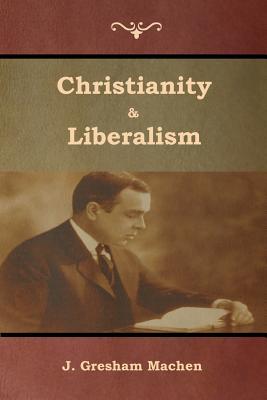John Gresham Machen (July 28, 1881 - January 1, 1937) was an American Presbyterian theologian in the early 20th century. He was the Professor of New Testament at Princeton Seminary between 1906 and 1929, and led a conservative revolt against modernist theology at Princeton and formed Westminster Theological Seminary as a more orthodox alternative. As the Northern Presbyterian Church continued to reject conservative attempts to enforce faithfulness to the Westminster Confession, Machen led a small group of conservatives out of the church to form the Orthodox Presbyterian Church. When the northern Presbyterian church (PCUSA) rejected his arguments during the mid-1920s and decided to reorganize Princeton Seminary to create a liberal school, Machen took the lead in founding Westminster Seminary in Philadelphia (1929) where he taught New Testament until his death. His continued opposition during the 1930s to liberalism in his denomination's foreign missions agencies led to the creation of a new organization, the Independent Board for Presbyterian Foreign Missions (1933). The trial, conviction and suspension from the ministry of Independent Board members, including Machen, in 1935 and 1936 provided the rationale for the formation in 1936 of the OPC.
Machen is considered to be the last of the great Princeton theologians who had, since the formation of the college in the early 19th century, developed Princeton theology: a conservative and Calvinist form of Evangelical Christianity. Although Machen can be compared to the great Princeton theologians (Archibald Alexander, Charles Hodge, A. A. Hodge, and B. B. Warfield), he was neither a lecturer in theology (he was a New Testament scholar) nor did he ever become the seminary's principal.
Machen's influence can still be felt today through the existence of the institutions that he founded--Westminster Theological Seminary, The Independent Board for Presbyterian Foreign Missions, and the Orthodox Presbyterian Church. In addition, his textbook on basic New Testament Greek is still used today in many seminaries, including PCUSA schools. (wikipedia.org)
